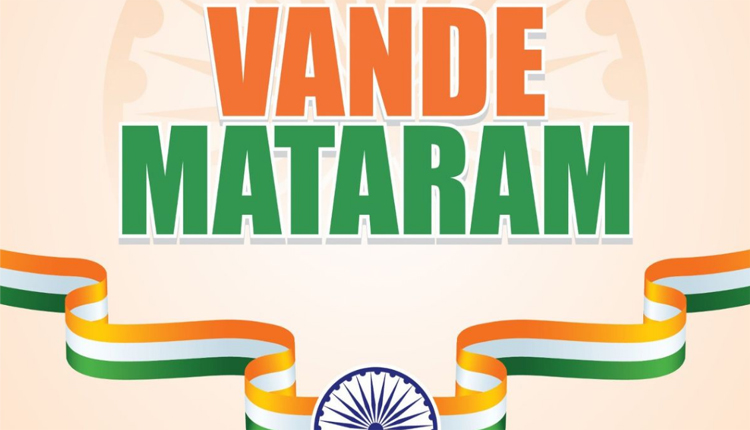Mumbai: As Maharashtra stirs with fresh debates over ‘Vande Mataram’ following its 150th anniversary, a state directive mandating the full rendition in schools from October 31 to November 7 has reignited old flames.
Samajwadi Party leader Abu Azmi’s opposition has spotlighted a historic Congress decision to curb the anthem amid communal tensions.
Penned by Bankim Chandra Chatterjee in the 1870s and featured in his novel Anandmath (1882), the song surged as a freedom cry. Rabindranath Tagore first sang it at an 1896 Congress session, but objections soon arose from some Muslim leaders who viewed the motherland’s portrayal as the Hindu goddess Durga – particularly the term ‘ripudalavarini’ (destroyer of enemies)—as clashing with Islamic beliefs. Historians clarify ‘ripu’ targeted British colonisers, not any community.
By 1937, a Congress committee including Tagore, Subhas Chandra Bose, Maulana Azad, and Jawaharlal Nehru resolved to sing only the first two non-stanzas at official events. Despite this, the Muslim League’s Jinnah pressed for total abandonment in 1938. Mahatma Gandhi, in his Harijan weekly, vowed against sectarian strife. By 1940, Congress sessions officially banned its singing.
Post-independence, on January 24, 1950, President Rajendra Prasad declared it India’s national song. Yet, today’s row underscores enduring sensitivities in uniting diverse voices.



Comments are closed.